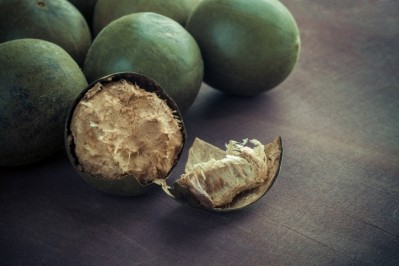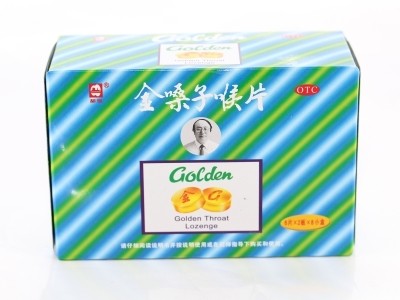Bayn Europe creates sugar replacer for no-added sugar chocolate for Chinese market

The company says the “Dark chocolate blend” has been developed in collaboration with ‘potential partners’ and is tailor-made for the Chinese market using monk fruit extract as the sweetener.
Monk Fruit
Lucy Dahlgren, managing director, Bayn, refused to disclose to ConfectioneryNews who the potential partners were in the project.
“No-added sugar chocolate sweetened with Stevia is one of our industrialized products, and it has been well launched and accepted by the market in terms of taste and texture,” she said.
“We see a lot of interest in China to import our no-added sugar chocolate, but the Chinese legislation has not approved Stevia application for chocolate. (Source: The National Health and Family Planning Commission of the People’s Republic of China (NHFPC)).
"Therefore, we have developed a formula using Monk Fruit, another natural sweetener which is approved in China but not in Europe.
“Replacing the added sugar is a technical and commercial challenge within the regime of national legislation. We are happy Bayn has consolidated partnerships to tackle these intricate challenges.”
Cargill
According to Euromonitor International, the stevia plant, which can be processed into a zero-calorie sweetener, has taken off as a sugar alternative and consumption tripled from 2011 to 2016.
It claims companies such as Cargill and ED&F Man Holdings are investing more to improve the taste and Cargill plans to introduce its next-generation stevia called EverSweet next year.
Dahlgren added statistics from MarketsandMarkets and Statista claim retail consumption for chocolate worldwide is over 7,5 million tons and sales at more than $100bn per year.
It reports the Swiss has the highest consumption per capita with 9kg per year. Chinese consumption is only 0,3 kg per year but growing and China is expected to reach a total consumption of 350 000 tons of chocolate per year by 2020.


















